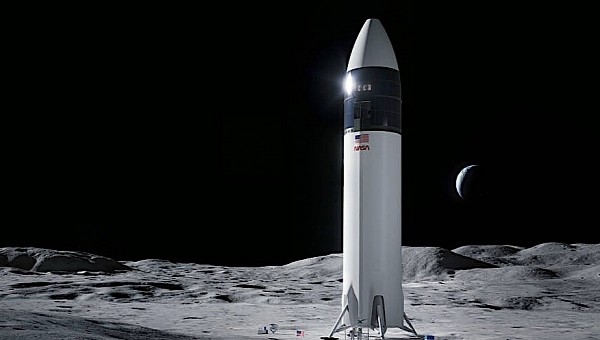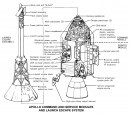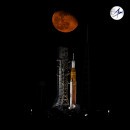Every year, the United State's joint houses of Congress gather to flesh out the country's military and spaceflight budgets for the following 12 months. Albeit, not usually at the same time. In any case, this typically involves watching money that could have potentially gone to NASA go to the military-industrial complex instead.
That's why NASA's estimated $25.4 billion budget for 2023 may sound like more than enough funding. But only takes a little digging to realize this is hardly the case at all. Back in March, NASA personnel met with leading politicians in Washington, D.C., to propose a budget for NASA in 2023. In this request, NASA proposed a number in the neighborhood of $26 billion.
In stark contrast to 2023's national defense budget totaling an eye-watering $857.9 billion, NASA's budget proposal wound up receiving around $600 million less than was proposed in the spring. This relatively small amount of money, by government agency standards, is intended to cover every aspect American space program's operating cost. From human-crewed spacecraft research to operating space probes and even funding all the catering.
When compared to some of the awe-inspiringly massive military contracts Lockheed Martin, Boeing, and Northrop Grumman all received from the Department of Defense this upcoming fiscal year, the contracts won by the same companies for space exploration seem puny, unsubstantial, and down-right, not enough.
It's all wrapped inside of a much larger $1.7 trillion omnibus spending bill introduced by Senate Minority Leader Mitch McConnell meant to alleviate a great deal of America's social and economic issues. All the while, NASA will have to make do with a budget well north of 30 times smaller than what the United States commits to defense spending.
By comparison, NASA's budget isn't even enough to keep up with skyrocketing inflation. Even with an added 5.6% in total spending cash compared to 2022, skyrocketing yearly inflation means the agency is no better off in its budgetary restrictions than they were this year.
Meanwhile, work at NASA and the ESA continues on for the follow-up mission to Artemis I, launched in November of 2022. Artemis II and III will both consist of technologies not seen on the first launch. Among these, at least tentatively, is SpaceX's Starship Human Landing System (HLS).
With no Starship of any sort ready for launch at this time, NASA might have no choice but to resort to plan b. Lockheed Martin, Boeing, Honeybee Robotics, and Astrobotic were among the group of other aerospace companies which competed with SpaceX to provide Artemis with a Lunar Module. Even with such capable personnel from all teams, rushing to provide a backup plan in case Starship isn't ready in time for Artemis III puts a dampener on affairs NASA simply can't afford to have.
In stark contrast to 2023's national defense budget totaling an eye-watering $857.9 billion, NASA's budget proposal wound up receiving around $600 million less than was proposed in the spring. This relatively small amount of money, by government agency standards, is intended to cover every aspect American space program's operating cost. From human-crewed spacecraft research to operating space probes and even funding all the catering.
When compared to some of the awe-inspiringly massive military contracts Lockheed Martin, Boeing, and Northrop Grumman all received from the Department of Defense this upcoming fiscal year, the contracts won by the same companies for space exploration seem puny, unsubstantial, and down-right, not enough.
It's all wrapped inside of a much larger $1.7 trillion omnibus spending bill introduced by Senate Minority Leader Mitch McConnell meant to alleviate a great deal of America's social and economic issues. All the while, NASA will have to make do with a budget well north of 30 times smaller than what the United States commits to defense spending.
By comparison, NASA's budget isn't even enough to keep up with skyrocketing inflation. Even with an added 5.6% in total spending cash compared to 2022, skyrocketing yearly inflation means the agency is no better off in its budgetary restrictions than they were this year.
Meanwhile, work at NASA and the ESA continues on for the follow-up mission to Artemis I, launched in November of 2022. Artemis II and III will both consist of technologies not seen on the first launch. Among these, at least tentatively, is SpaceX's Starship Human Landing System (HLS).
With no Starship of any sort ready for launch at this time, NASA might have no choice but to resort to plan b. Lockheed Martin, Boeing, Honeybee Robotics, and Astrobotic were among the group of other aerospace companies which competed with SpaceX to provide Artemis with a Lunar Module. Even with such capable personnel from all teams, rushing to provide a backup plan in case Starship isn't ready in time for Artemis III puts a dampener on affairs NASA simply can't afford to have.





































